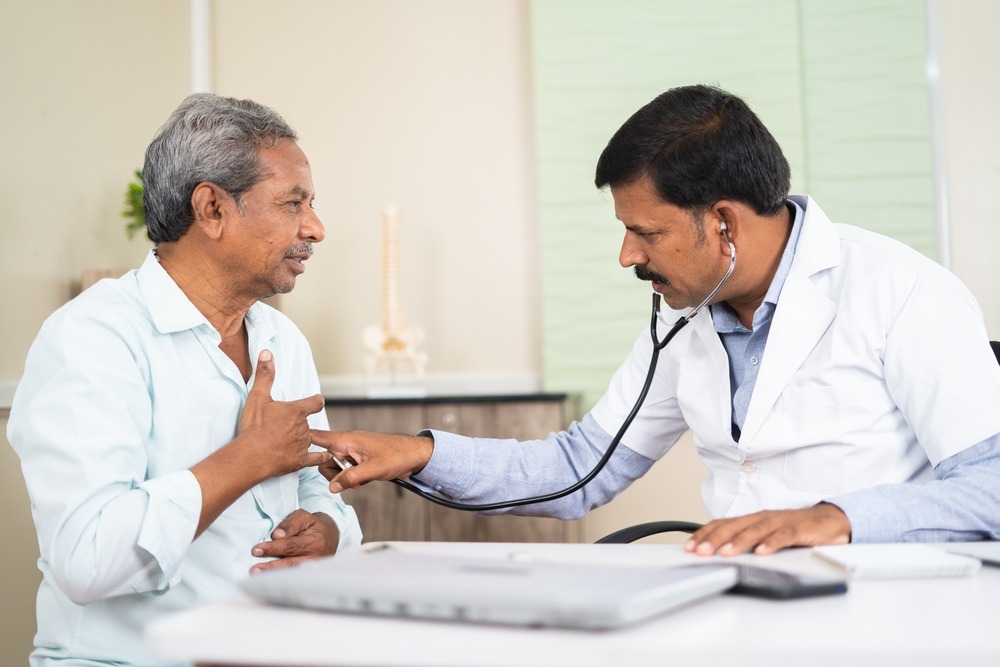In the hectic pace of the 21st century, health often takes a back seat in our busy schedules. However, regular health checkups are not only a necessity, but a prerequisite for a healthy and fulfilling life. This guide explores the undeniable importance of routine health monitoring backed by statistical evidence and expert opinion.
The Essence of Regular Health Check-ups
Routine health checkups are like checking up on your body on a regular basis, making sure everything is working properly. It is important for early detection of potentially life-threatening health conditions or diseases before symptoms even appear. According to the Centers for Disease Control and Prevention (CDC), chronic diseases such as heart disease, cancer, and diabetes account for 7 out of 10 deaths in the United States each year, many of which are treated with early detection.
Early Detection Saves Lives
Early diagnosis through routine health check-ups can lead to more effective treatments and significantly reduce mortality rates. For example, early detection of breast cancer has a survival rate of 99%, compared to 27% for late detection. Additionally, with early detection, conditions such as high blood pressure and diabetes can be better managed, reducing the risk of complications.
Cost-Effectiveness of Preventive Care
Preventive health care, including routine screening, can result in significant cost savings. According to the World Health Organization (WHO), early detection and treatment of diseases can save billions of dollars annually in healthcare costs, not to mention reducing personal financial pressures
Enhancing Quality of Life
Routine health checkups can dramatically improve quality of life by maintaining and maintaining good health, reducing disease risk, and extending life. A study published regularly in the American Journal of Preventive Medicine revealed that individuals who undergo regular health checkups are more likely to report good overall health and lower absenteeism.
Tailored Health Interventions
Regular assessments provide health professionals with the opportunity to provide personalized health advice and interventions based on individual health conditions and risk factors, leading to more effective strategies for disease prevention and health promotion.
Ecotown Diagnostics: Your Partner in Health in Bangalore
For residents of Bangalore, Ecotown Diagnostics offers a comprehensive Full Body Health Checkup Packages, designed to provide detailed information about your health status and help detect potential health problems early. Our modern facilities and experienced medical staff ensure a seamless and informative health screening experience.
The Impact of Regular Health Check-ups: Statistical Insight
- Regular screening can reduce colorectal cancer mortality by up to 60%, according to a report from the American Cancer Society.
- The National Institutes of Health (NIH) has found that routine health screenings can reduce the risk of heart disease by early detection and management of risk factors such as cholesterol and blood pressure levels.
- Studies show that a comprehensive health checkup can reduce a person’s risk of diabetes-related complications by 20%.
Conclusion
In conclusion, regular health checkups are an important part of maintaining good health and improving quality of life. They offer emergency health care, emphasizing prevention rather than treatment after the fact. Early detection, cost-effective care, and regular assessment of personal health options allow individuals to take charge of their health. With facilities like Ecotown Diagnostics in Bengaluru, getting comprehensive health checks has never been easier. Do you put your health first by getting regular checkups?
FAQs
- Why are regular health check-ups important?
Regular health check-ups are essential for early detection of diseases, effective management of existing conditions and guidance in maintaining a healthy lifestyle
- At what age should I start getting regular check-ups?
Although the starting age can vary depending on individual health status and family history, it is generally recommended that regular health screenings begin in the 20s
- How often should I get a health check-up?
The frequency of health checks can depend on a person’s age, health status and risk factors. Annual testing is generally recommended, but more frequent testing may be necessary in some cases.
- What can I expect during a health check-up?
Common health screenings include physical exams, blood tests, and other general health checks to assess your overall health and identify potential health problems
- How can I prepare for a health check-up?
It is best to avoid eating or drinking anything but water for 8-10 hours before your test. Also bring a list of any medications you take and be prepared to talk about your medical history.








